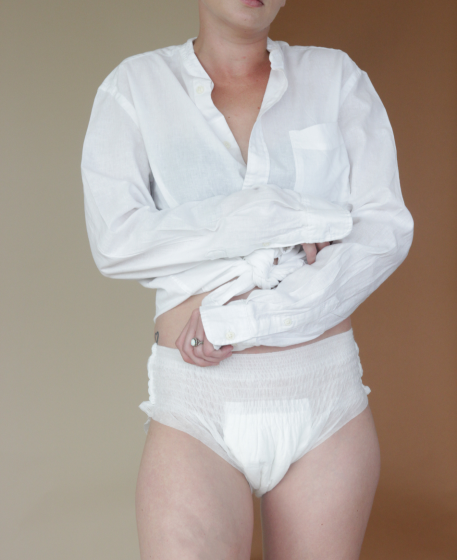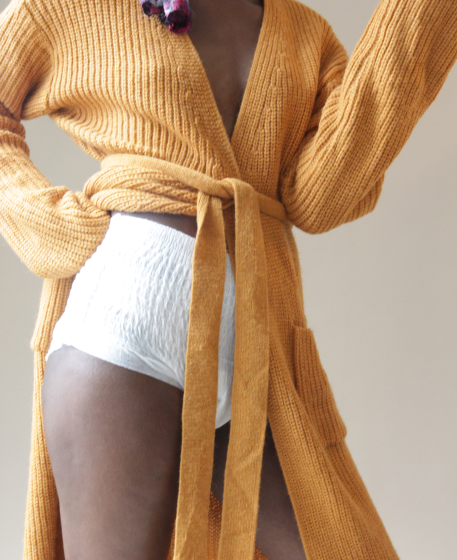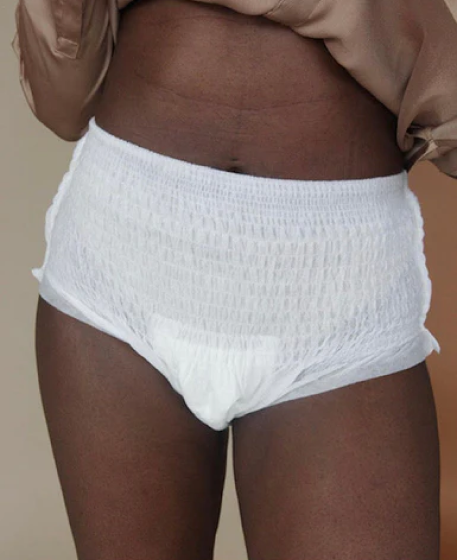Nocturia, or nocturnal polyuria, is the medical term for excessive urination at night. During sleep time, your body produces less urine that is more concentrated. This means that most people don’t need to wake up during the night to urinate and can sleep uninterrupted for 6 to 8 hours.
If you need to wake up two times or more per night to urinate, you may have Nocturia. Besides being disruptive to your sleep, Nocturia can also be a sign of an underlying medical condition.
What Causes Frequent Nighttime Urination?
Nocturia can be an indication of an underlying medical disease, a side effect of medicine, or a result of underlying bladder problems. However, individual conduct may also have an impact on causes. Nocturia may very likely be a side effect of a person's beverage intake, especially if it occurs right before bed. Alcohol and caffeinated beverages like soda and coffee can exacerbate this issue. Sometimes people simply consume too much alcohol right before bed.
There are several different reasons people may actually make more urine at night, which can be one cause of Nocturia. These are as follows:
- Nocturnal polyuria: When the body produces greater-than-average amounts of urine at night. While you sleep, your body produces smaller amounts of more concentrated urine, in comparison to your waking hours. Ideally as a result an individual is able to sleep 6-8 hours without interruption. An individual may be diagnosed with nocturnal polyuria when their nighttime urine volume exceeds 20-30% of their total urine volume over the course of one day.
- Global polyuria: Just like nocturnal polyuria, this is an overproduction of urine. However, this overproduction occurs during waking hours, as well.
Outside of these causes, the onset of nocturia in women may be triggered by the impacts of pregnancy or childbirth, menopause, and/or pelvic organ prolapse. In contrast, nocturia in men may be attributed to an enlarged prostate. In both men and women, it is critical to have a health care provider determine if the nocturia is from a lower urinary tract or systemic cause.
How to Stop Frequent Urination at Night
As always, prior to self-diagnosis and taking symptom management into your own hands, meet with a medical professional to receive a diagnosis and implement a treatment plan.. You'll be asked about your symptoms and health history. Your health care provider may also ask you to keep a bladder diary in order to help with a diagnosis. This diary is used to keep track of things like the kind and amount of liquids you drink, trips to bathroom, etc. to track trends over a period of time which can lead to useful treatments. Because nocturia affects your sleep cycle, it can lead to sleep deprivation, fatigue, drowsiness, and mood changes if left untreated. Talk to your doctor to discuss lifestyle changes and treatment options that can help you.
At Odinnma, we prioritize care and provide plant-based products for adult incontinence designed for protection in comfort and confidence to address bowel and bladder leaks. To make your experience easier, we offer amazing deals and discounts on them.



